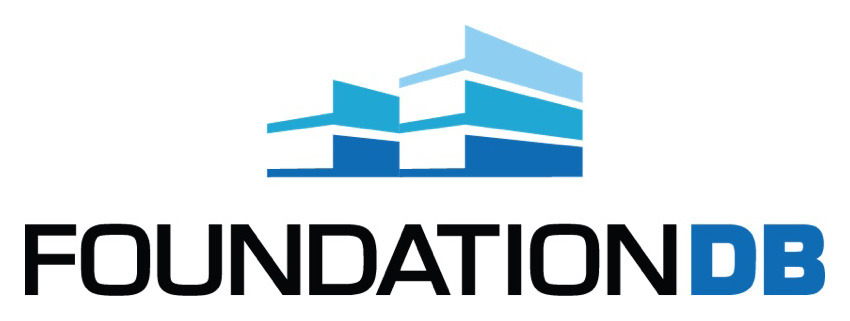Apple's FoundationDB on Thursday announced that its namesake distributed datastore tech for organizations has been turned into an open-source project, allowing public-driven customization and expansion.
Source code is now available on GitHub, and developers can communicate with each other on official forums, the company said. FoundationDB is built to be deployed on hardware clusters, for instance making it easier to add machines or bounce back from device failures.
The open-source material represents the key-value store, on which "layers" can be added to scale functionality. The Github listing for the project calls it a "distributed database designed to handle large volumes of structured data across clusters of commodity servers."
"By open sourcing the FoundationDB core, we expect the quantity and variety of layers to develop rapidly," the company said. "All major development will be done in the open," it added, noting that it has outlined a design document process and project governance it promises will offer input and transparency. The community is also expected to follow a code of conduct.
Apple now has a variety of open-source initiatives under its wing. Perhaps the best known is Swift, its programming language. While not strictly limited, the language is almost exclusively used for iOS, macOS, watchOS, and tvOS development.
FoundationDB was originally a multi-model NoSQL database, designed around a "core" database. The core database allowed for read or write transactions with multiple keys stored on any machine in the cluster. Apple purchased the company and all of its intellectual property in 2015 to expand on the iCloud infrastructure.
In the past year Apple has made a strong push to put Swift in colleges and high schools — mostly in the U.S., but internationally as well. The company has positioned the program as a way of boosting coding skills, even as it benefits from encouraging development for its products.
 Roger Fingas
Roger Fingas







 Charles Martin
Charles Martin


 Wesley Hilliard
Wesley Hilliard
 Stephen Silver
Stephen Silver
 William Gallagher
William Gallagher

 Marko Zivkovic
Marko Zivkovic









22 Comments
So, does this mean those companies who wish to have local iCloud instances will be able to build and use their own locally-controlled iCloud? Would these include encryption at all levels so schools, businesses and government agencies could leverage the complete Apple environment totally ended their control?
What other parts of iCloud will be open-sourced so users can build their own iCloud?
Sounds encouraging to me. Might look into this for fun.
No announced Swift support... Yet!
I posted a question to the FoundationDB forum asking if Swift support is planned:
https://forums.foundationdb.org/c/development/fdb-core
I just posted another question to the FDB forums, Asking whether ARM support is planned.
https://forums.foundationdb.org/c/development/fdb-core
FDB's core implementation is based on an Ordered Key-Value Pair -- basically an Ordered Dictionary. macOS, iOS and most OSes do not support an Ordered Dictionary.
FWIW, A while back, I was experimenting with iOS Swift Playgrounds and was able to approximate what FDB did with their Ordered Key-Value Pair.
If FDB/Swift/ARM is viable, it opens up many opportunities, e.g. small business Point-Of-Sale-Terminals (iPads) WiFi connected to a FDB transaction server (cluster) running in the back room on a Mac Mini or an iPad while simultaneously running other clusters in the cloud.
This could really be a game changer.
Microsoft beat Apple once, not by making a better computer, but by standardising everyone else on one OS and therefore making Apple non-standard. There is potential for them to pull the same trick again by standardising everyone on the same cloud. So anything Apple can do to encourage some kind of open cloud is good from a strategic point of view.